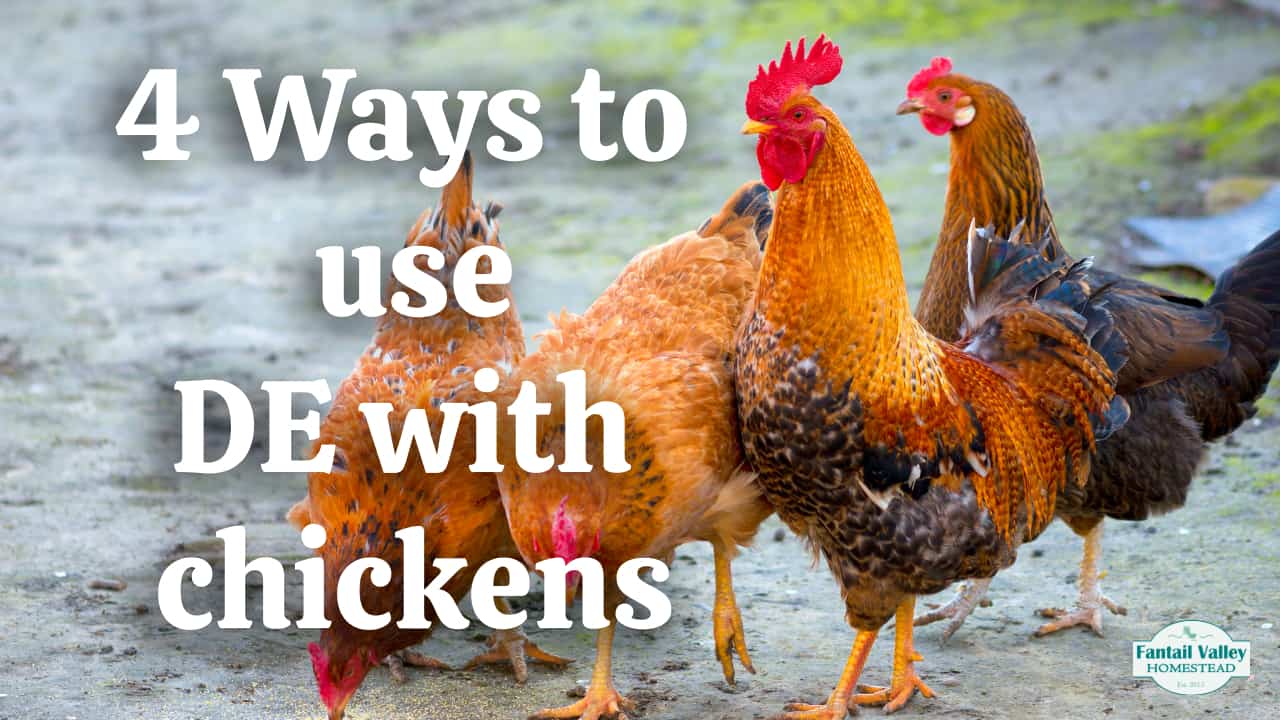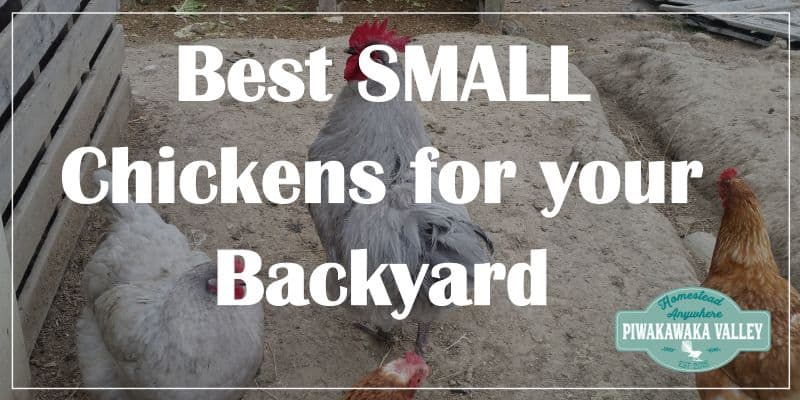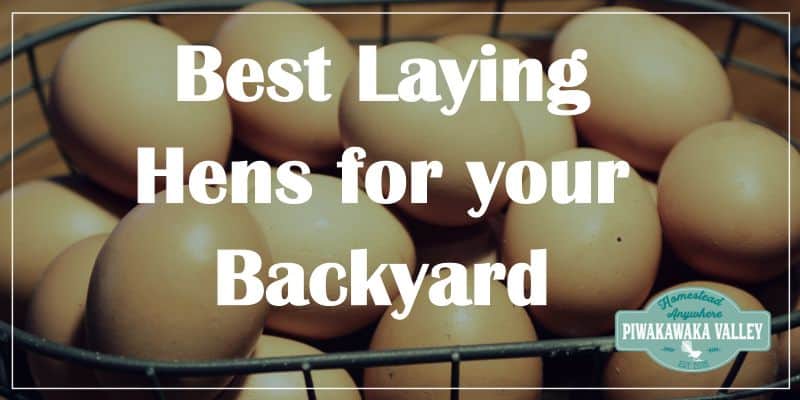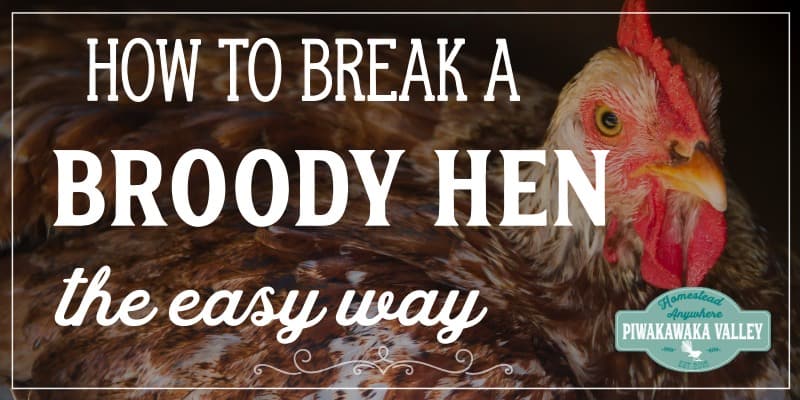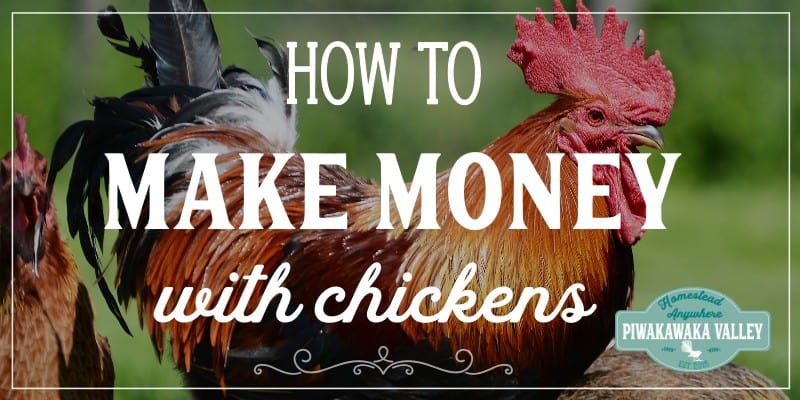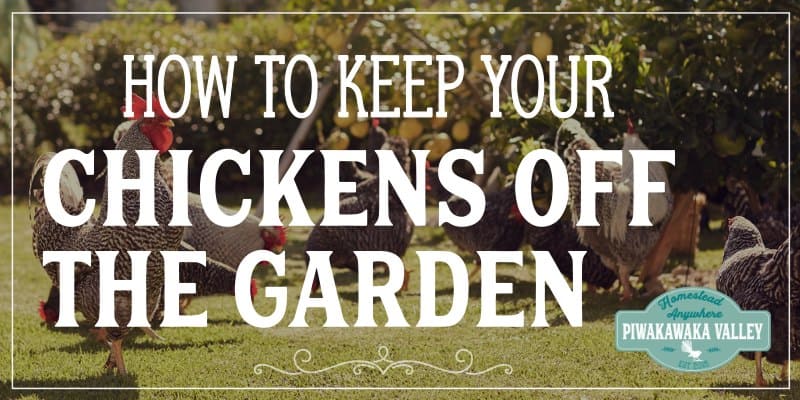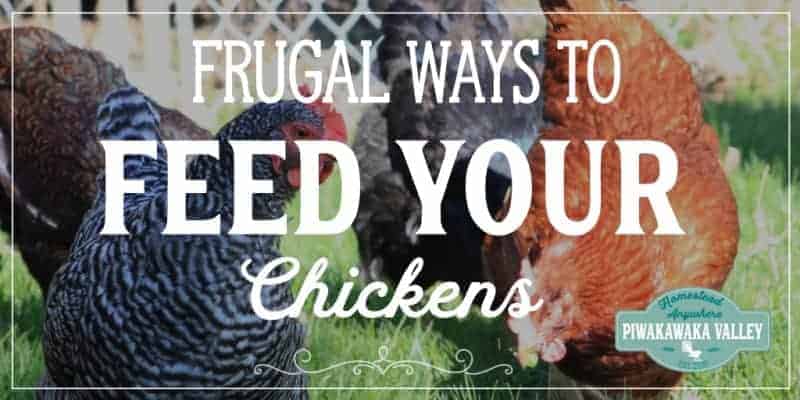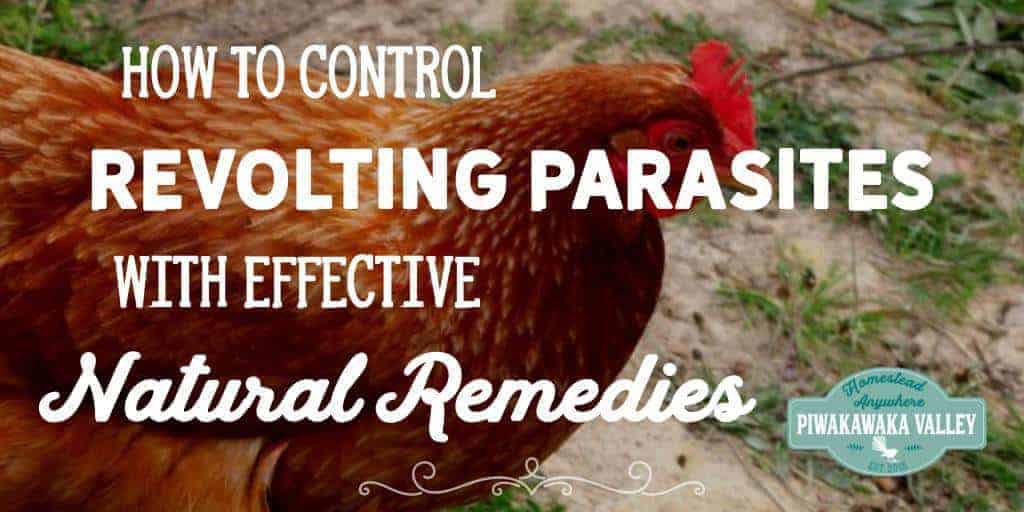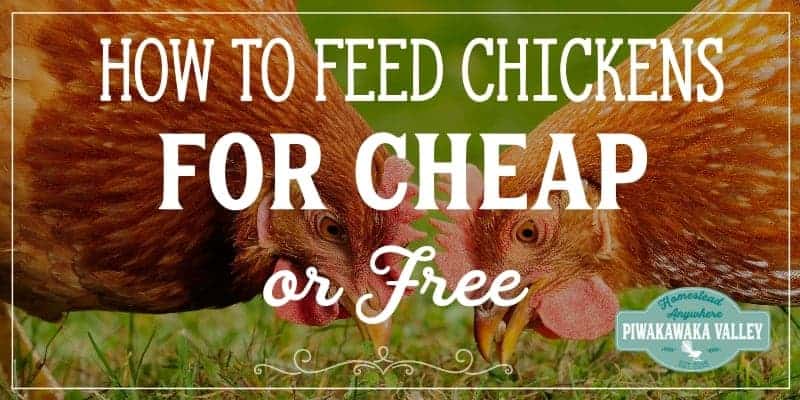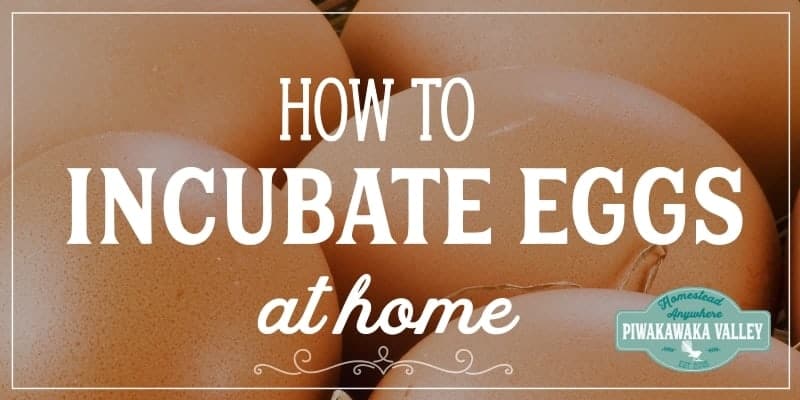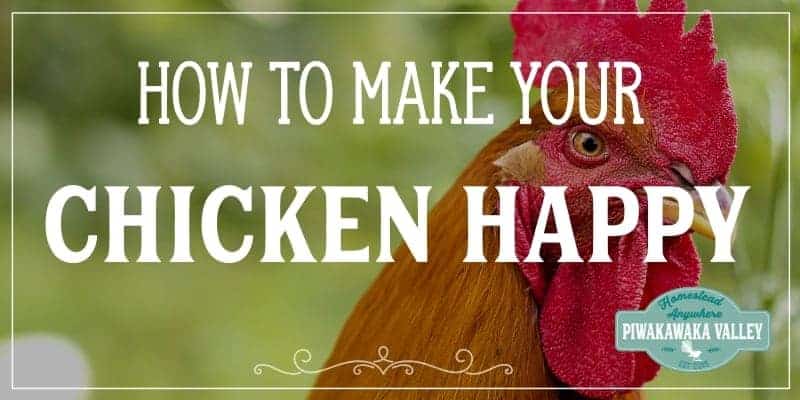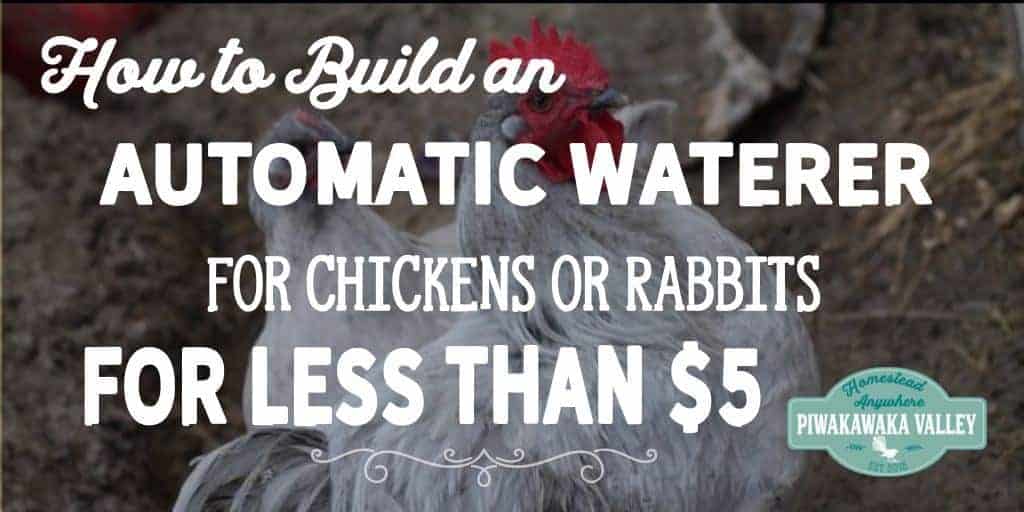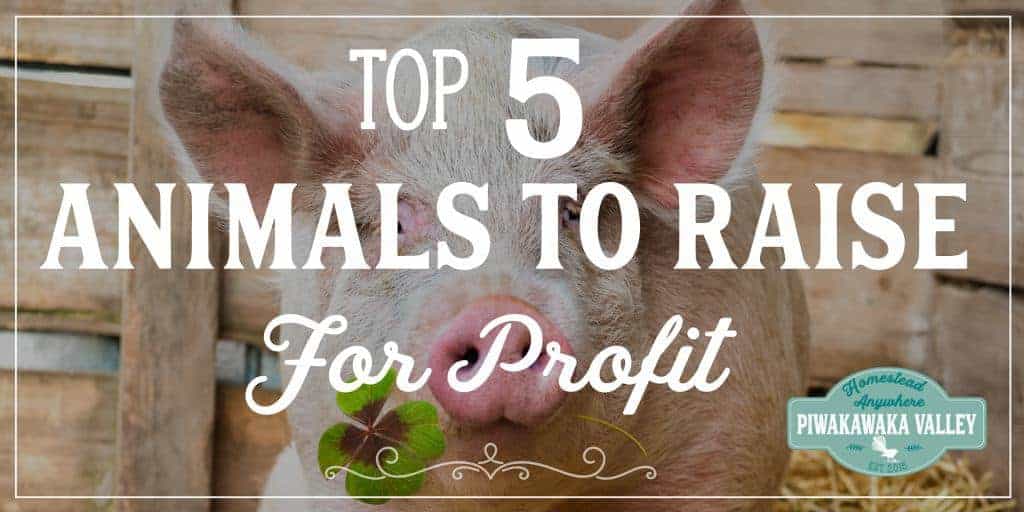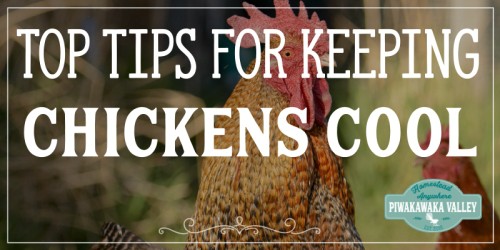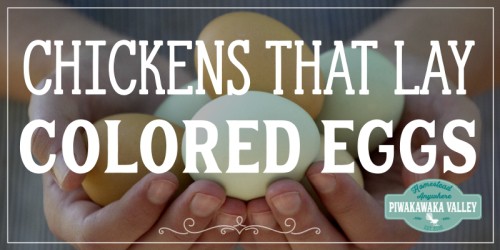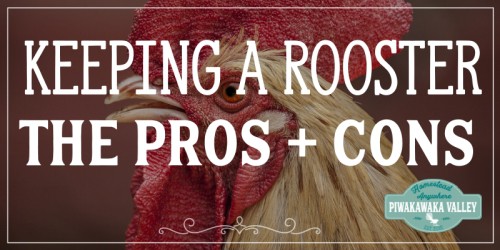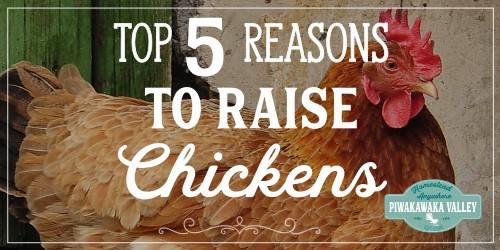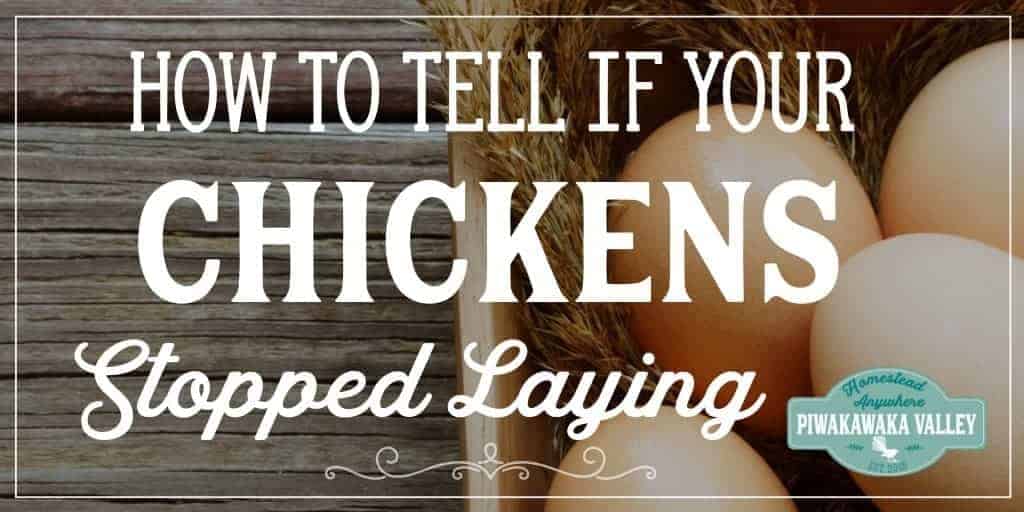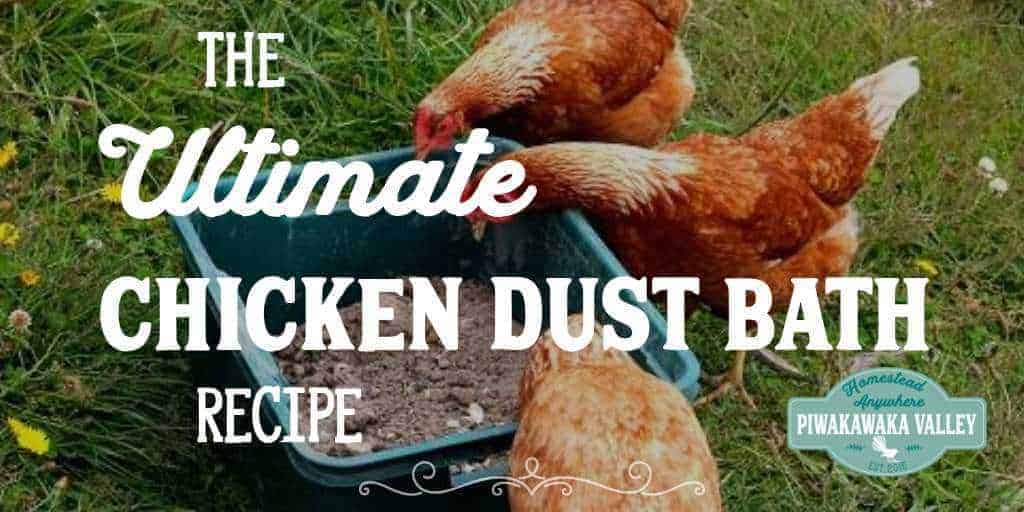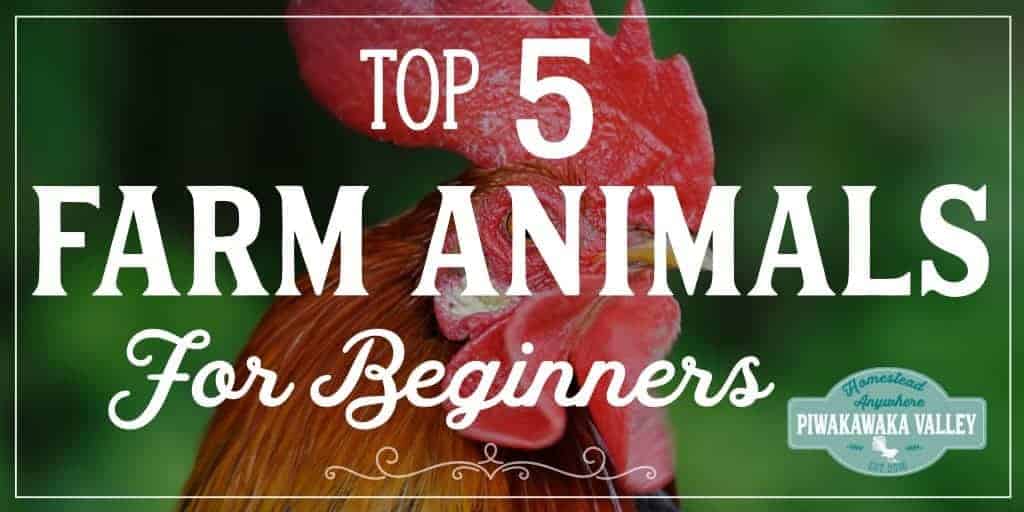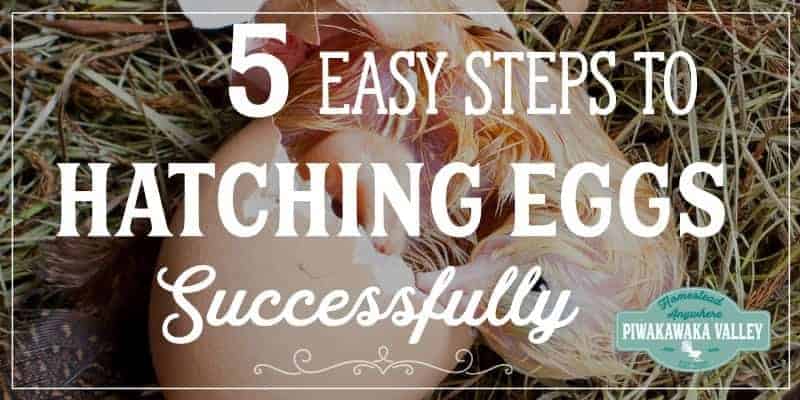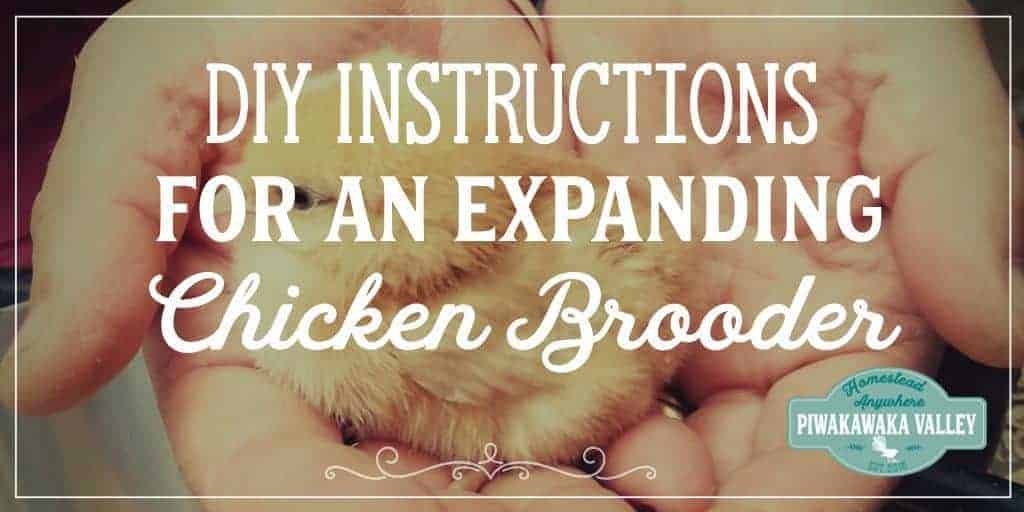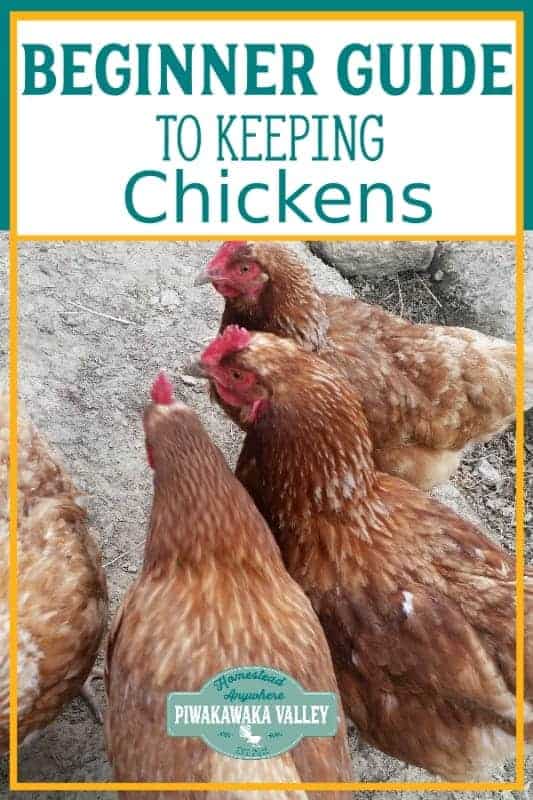This post was most recently updated on March 10th, 2021
Keeping backyard chickens was the first step down a very long and exciting road to owning our own homestead. Laying chicken revolutionized the way I thought about our backyard space, and made me feel like maybe I could do this “grow your own food” thing.
Please read: This information is provided for educational purposes only and is not intended to treat, diagnose or prevent any disease. We encourage you to make your own health care decisions in partnership with a qualified health care professional.
This post contains affiliate links, this means at no extra cost to you, we make a commission from sales. Please read our Disclosure Statement
Throughout this backyard chickens beginners guide you will find everything you need to know about raising laying chickens. There is too much information to just fit it in one post, so if there is a topic you need more information about, click the link (the highlighted text) and read on.
Why you should keep laying chickens in your backyard
Laying chickens are an easy way to provide your family with protein while using up your food scraps. Chickens add to the charm of a backyard, and they are a great way to teach responsibility to children.
Adding chickens to your urban homestead will diversify your food production without taking up a large amount of space. More reasons to keep chickens
What chicken breeds should you consider keeping?
There are literally hundreds of different breeds of chickens. Choosing just one breed of hen to keep in your yard might be too difficult!
For that reason, many many chicken owners will keep several breeds of chickens.
Heritage vs Commercial
Heritage breeds of chickens include meat chickens, laying chickens and dual purpose chickens. Heritage breeds are often beautifully coloured and are wonderful to look at.
You will need to find a breeder that breeds your heritage chickens of choice to a good, honest standard, keeping their original traits, not just pretty feathers.
If you get a breeding trio of one rooster and 2 (or more) hens, you can use the fertile eggs to replace your own stock. Because of this, heritage breed hens are usually more expensive to buy up front.
Commercial breeds are usually a hybrid, where each of the 4 grandparents are from carefully selected pure bred lines, and the parents are cross bred, and the offspring are the hybrid that is sold.
These hybrids do not breed true to type if you try and breed them at home, so they must be bought every time you need new birds. However, as they are mass produced, they are cheaper to buy.
Hybrid laying chicks are sexed at hatch, and you only get the female chicks from the hatchery. Commercial meat chickens are not sexed and you would get a mix of both hens and roosters in your order.
Dual purpose vs Specialist breeds
Dual purpose chicken breeds are chickens that can be raised for both meat and eggs. However, they usually don’t do either particularly well because if they are putting all their energy into growing meat, there isn’t much left over for eggs, and visa versa.
However, for a backyard production, some of the larger dual purpose chickens can work well. Keep young hens (pullets) to replace your laying hens, and grow out young roosters to 5 or 6 months of age and process them to go in the slow cooker. The hens will usually still lay about 250-300 eggs per year.
Specialist breed chickens are ones that do one thing and do it well. Meat chicken breeds include the Dorking and the Indian Game grow large leg and breast meat fairly quickly. Commercial meat chickens will be ready to process in 8-10 weeks, a good line of heritage meat chickens will have their broilers ready in 14-20 weeks.
Heritage laying chickens like the leghorn will lay almost as well as a commercial hybrid hen will, but with the benefit of being able to keep a rooster and get fertile eggs to replenish your own stock.
Different egg colours
There are chickens that lay all sorts of wonderful colours of eggs. If you choose a variety of different chicken breeds you can have a variety of eggs in your basket each morning.
Where to get your chickens from
There are many options for where you might choose to get your chickens from. You can:
- Get fertile eggs and raise them under a broody hen or in an incubator
- Source day old chicks from a hatchery or breeder
- Buy older chicks that have their feathers already
- Buy point of lay chickens (POL, also known as pullets)
- Rescue ex battery farm chickens
- Buy older hens from a breeder
Hatching eggs
If you have decided to try hatching your own eggs then you will need an incubator or a broody chicken. To start with we built our own incubator, full instructions are here. Now we have just bought a large incubator similar to this one
The main benefits to hatching your own eggs are:
- It is cheaper per egg
- You can source a variety of breeds
- You can buy from far away and get the eggs shipped to you
Fertile eggs are good to hatch up to 14 days after they are laid, as long as they are kept cool (room temperature, not fridge) and treated gently. If your eggs come in the post, be sure to let them sit for at least 24 hours to settle before trying to incubate them.
There is quite an art to hatching chicken eggs, so if you don’t have a broody hen you can use, there are full instruction on hatching eggs here and some troubleshooting here
If you have a broody hen and you don’t want her broody any more here is how to break a broody hen the fast and easy way.
Raising chicks
If you hatch your own eggs, or choose to buy day old chicks from a hatchery or breeder, the instructions on raising them is the same.
Baby chicks need special care or they will die very quickly. You will need the following:
A Brooder
You can build yourself a simple DIY brooder , or if you are raising only a few chicks, you could keep them in a rubbermaid tote with the lid off. We have a piece of welded wire netting that we place over the top to keep the cat out and the chicks in.
Warmth
Chicks must be kept WARM until their feathers come through. This means you need to raise them under a clip on heat lamp or a heating plate until they have all their feathers.
We prefer to use the heat plates as there is less risk of a fire, and they are on a thermostat.
Water
Chicks need water before they need food. They can go without food for up to 48 hours after hatching, but they will need water before then. For the first few days you can just use a shallow jar, but you will find watering a lot less of a chore with one of these.
Chick Starter Food
Chicks do best when they are fed a formulated chick starter crumble. They should be on this for the first 8 weeks.
- 0-8 weeks: 18-20% starter feed crumbles
- 8-14 weeks: 16-18% starter/grower
- 15-18 weeks: 16% finisher
- 18 weeks upward: 16% layer feed
Bedding
Chicks need to be kept clean and dry. This stops the spreading of disease. Pine shavings make the best bedding. Straw, hay and wood mulch are other options. Avoid sawdust however as it is too fine and can cause lung and eye issues.
Space
Chicks need about 1/2 a square foot of space each for the first 4 weeks (20 chicks per sq m) 2, 4-6 weeks they need 2 square feet each (5 per sq m) 6-18 weeks they need 5 square feet each (2 chicks per sq m), after that they should have the adult space of 10 square feet each (a sq m each).
Point of Lay Hens
Once your chickens are 20-28 weeks old, they should start laying. Most laying chickens will start to lay at 22 weeks, dual purpose and meat chickens take longer. You can buy point of lay hens, also called pullets or POL, from breeders or some people will raise them from chicks then sell them on.
Check to see if they have been vaccinated and look for healthy, lively birds with bright eyes and shiney, full feathers.
How many chickens do I need
The number of laying hens you will need depends on how many eggs you as a household go through. You can rely on 4 eggs a week from a heritage bird and 6 eggs a week from hybrid hens.
To work out how many eggs a week your family uses, and divide that by 4 or 6. So if you usually use 2 dozen eggs a week and you are getting hybrid POL pullets then 4 will be enough for your family.
Types of coop for laying chickens
Depending on the number of chickens you are getting, there are a range of coop designs out there. Consider the inside and outside coop area, and whether your chickens will get to free range or not.
Inside the coop they will need perches to sit on at night time, allow 1ft (30cm) of perch per bird. Outside they will need somewhere to stay out of the rain or sun, somewhere to dig and scratch, and space for their feeder and water containers.
Space requirements for laying chickens
Chickens need 10sq ft (1sq m) per bird. 1/3 of this space needs to be totally inside, the other 2/3 can either be inside or outside.
Keeping your chickens happy
Chickens LOVE to free range, but for a variety of reasons, that is not always possible. They do need things to do to stay happy and busy however or you will find they will start feather pecking each other.
Here is some great advice for keeping your hens happy.
Keeping your backyard chickens cool in summer
Chickens do not sweat, so they struggle when the weather gets too hot. There are some great ideas here on keeping your chickens cool in the heat of the summer.
Food for laying hens
Laying chickens need to be provided with a properly formulated, high protein diet. They need plenty of calcium as well. Treats and free ranging should happen after they have had their proper grain feed for the day.
Keep your feed free from pests by using a Grandpa feeder like this one. More information on feeding chickens here.
What to feed chickens…
For the best tasting eggs here is what to and what not to feed your laying hens.
How to save money feeding chickens, and how I cut our feed bill in half.
Grow your own chicken feed at home to increase the variety and decrease the cost of feeding your poultry.
Build yourself an automatic waterer for under $5.
Free range vs in a coop
Free range chickens are happy hens. But they can be very destructive, especially if they can get in to your garden.
Pros to free ranging hens:
- Less poop in the coop
- Hens are free to do what comes naturally
- Good pest control
- Less disease pressure
- Less feed required
- Eggs are more nutritious
Cons of free ranging chickens:
- Danger from predators
- The can be destructive
- They can wander into neighbours or on to the road
- They may lay all over the place
Collecting eggs and safe egg storage
There are some things you need to know about keeping chickens for their eggs. These include knowing when and how often to collect the eggs and how to store them safely.
If you are not sure how old a nest of eggs are you can try the float test. Simply fill a deep bowl with some cool water and place the eggs in one at a time. If they sink they are fresh, if the lift a little at one end they are fine for baking with but need used up. If the egg floats it is rotten, very carefully dispose of it somewhere far away from the house. The smell of rotten eggs is pretty nast!
You might find yourself with far too many eggs. Here are over 100 things to do with an excess of eggs.
Roosters
Deciding if you need a rooster is something you really need to think about. They are good flock protection, and you will need one if you want your own fertile eggs. But they can be noisy and vicious!
Here is my tips on deciding if you want to keep a rooster in your backyard flock.
Breeding replacement chickens for your laying flock
There are many ways to replace your flock as they age. Some people choose to only keep their laying hens for 1-2 years while they are laying at their peak and then choose to rehome them or dispatch them.
Many others will allow their hens to live out their natural lives and accept the decline in egg production as just something that happens.
If you keep a rooster, you may find that your hens go broody and will hatch a clutch of eggs. Or you might prefer to hatch them in an incubator. There are some positives and negatives to broody hens and incubators and you need to work out which is best for you.
There are some ways to tell if your chicken has stopped laying eggs, which may help you choose which chickens to keep or which to breed.
Managing sick laying hens
Keeping any animal means that eventually you will probably end up with a sick one or two to care for. Here is a natural antibiotic for sick chickens and 5 herbal medicines that you can use for unwell hens.
If you notice an unwell chicken, it is best to bring her inside somewhere warm, dark and quiet to treat her until she is back to her normal self.
Keeping your chickens healthy
Prevention is the best medicine. Keeping your chickens happy and healthy goes a long way to preventing diseases.
Dustbath
To keep away the mites and fleas chickens naturally love a dust bath. Provide them one in their coop and they will know what to do with it. Try our favourite dust bath recipe
Moulting
Once a year your laying chickens will go through the moult. This is when they slow down laying and start losing their feathers. They need to put a lot of nutrients and effort into growing their new feathers so there are some things that you can do to support your chickens through their moult.
Egg Eating
Stopping chickens eating eggs can be a real challenge once they start. We have had to cull a whole flock once when they egg eating got out of hand. Here are some tried and true tips for preventing and stopping egg eating in your hens. Set these things up now before it is an issue!
Cleaning up the coop
Chicken manure in the coop will build up quickly. It is important to remove the manure regularly to keep the chickens healthy.
They do produce a surprising amount of manure and there are some brilliant things that you can do with this nitrogen rich manure source.
Keeping laying chickens in your backyard is a wonderful way to become more self sufficient in your family’s food requirements. Growing your own chicken meat and eggs is very easy once you learn how to do it.
If you like tips on frugal living, self sufficiency and consuming less, sign up to our newsletter below, I would LOVE to have you!

